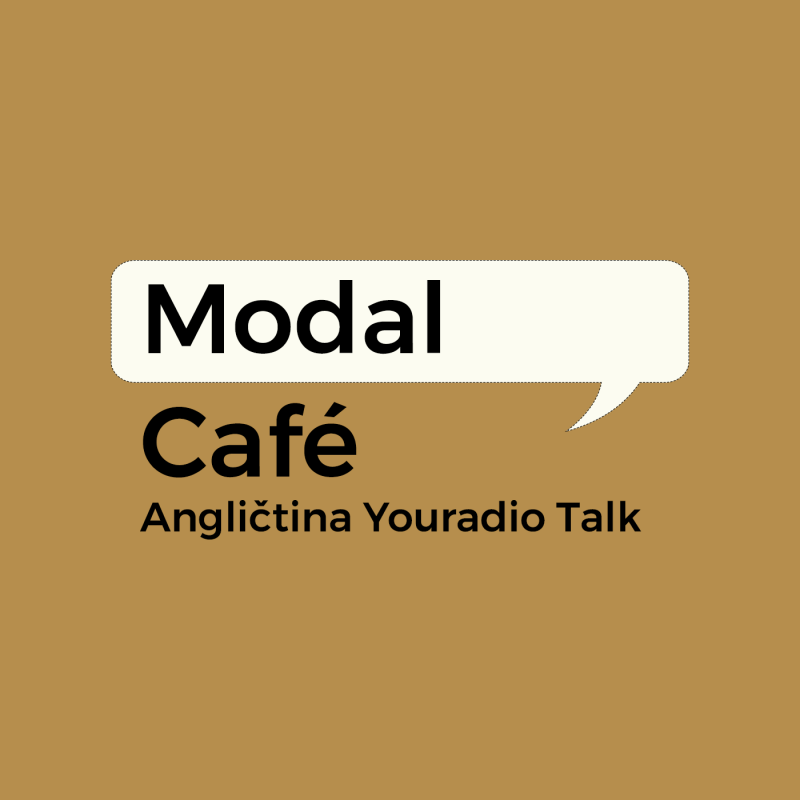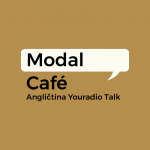Úvod
Podcasty
Osobní rozvoj
Modal Café – Angličtina Youradio Talk
Lekce 7: Might - Probability + distance. I...

Lekce 7: Might - Probability + distance. I believe that this is distantly probable.

The negative of might is might not. These words are often joined together:mightn’t. Might is the past form of may. But might is not just used to talk about ‘past time’. In fact, might and may are used in similar ways to talk about the past, the present, and the future. But in some uses, mother-tongue English speakers prefer to use might rather than may. Přestože might je minulý tvar, neužívá se jen v minulém čase, ale stejně jako may se užívá v čase přítomném i budoucím. Asking in a very formal way for permission: Might I make a suggestion? Making suggestions: You might want to see a doctor. Talking about things that are probable in the future: They might come to dinner tomorrow. To speculate about things that are probably true in the present: She might be in the office. To speculate about things that were probably true in the past: I might have left my books on the bus. Význam a užití slovesa might je v zásadě stejný jako u slovesa may: mluvčí se domnívá, že něco bylo - je - bude pravděpodobné, ale přece jenom rozdíl existuje. Mluvčí se od svého tvrzení distancuje, minulý tvar slovesa dodává odstup. Vzdálenost v čase, zdvořilý odstup a nebo chceme naznačit, že se tak trochu od svého tvrzení distancujme.
Popis podcastu
V Modal Café neboli Modální kavárně se můžete naučit používat anglická modální slovesa.